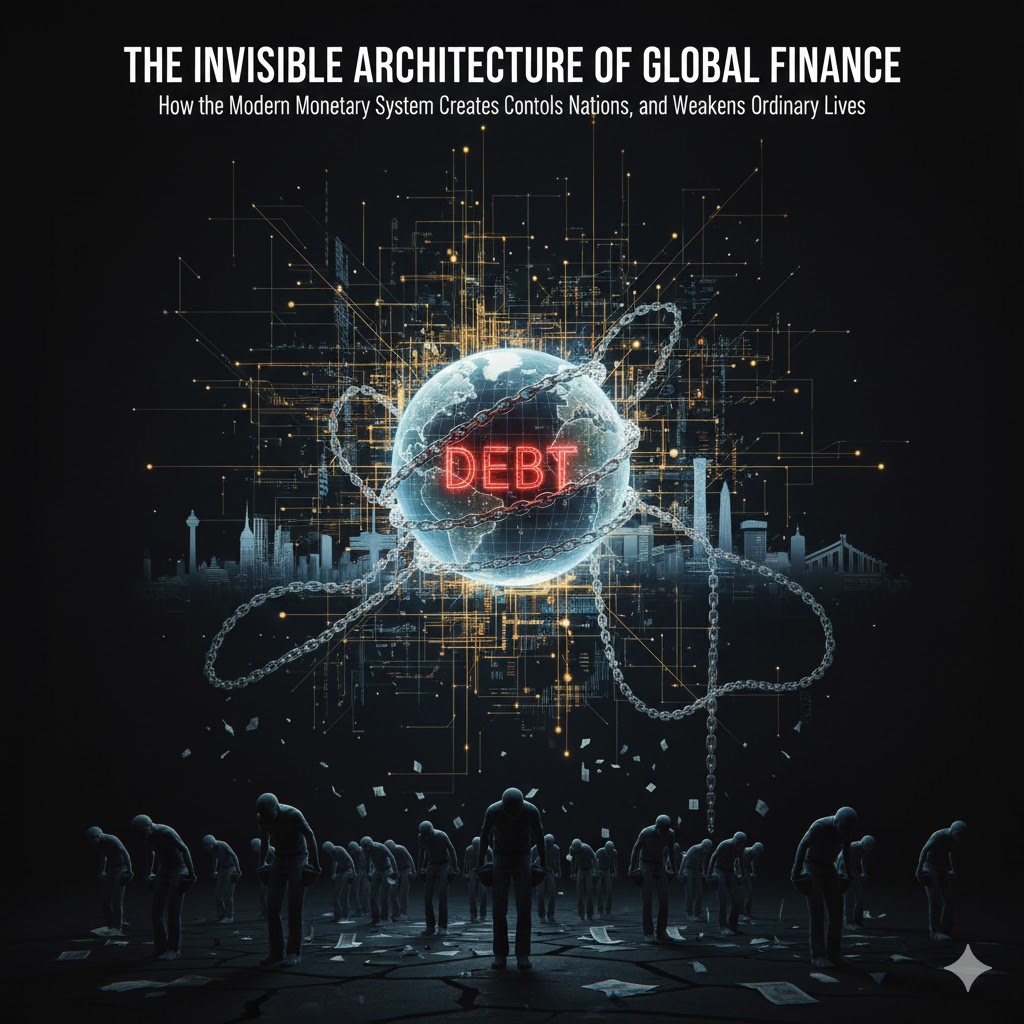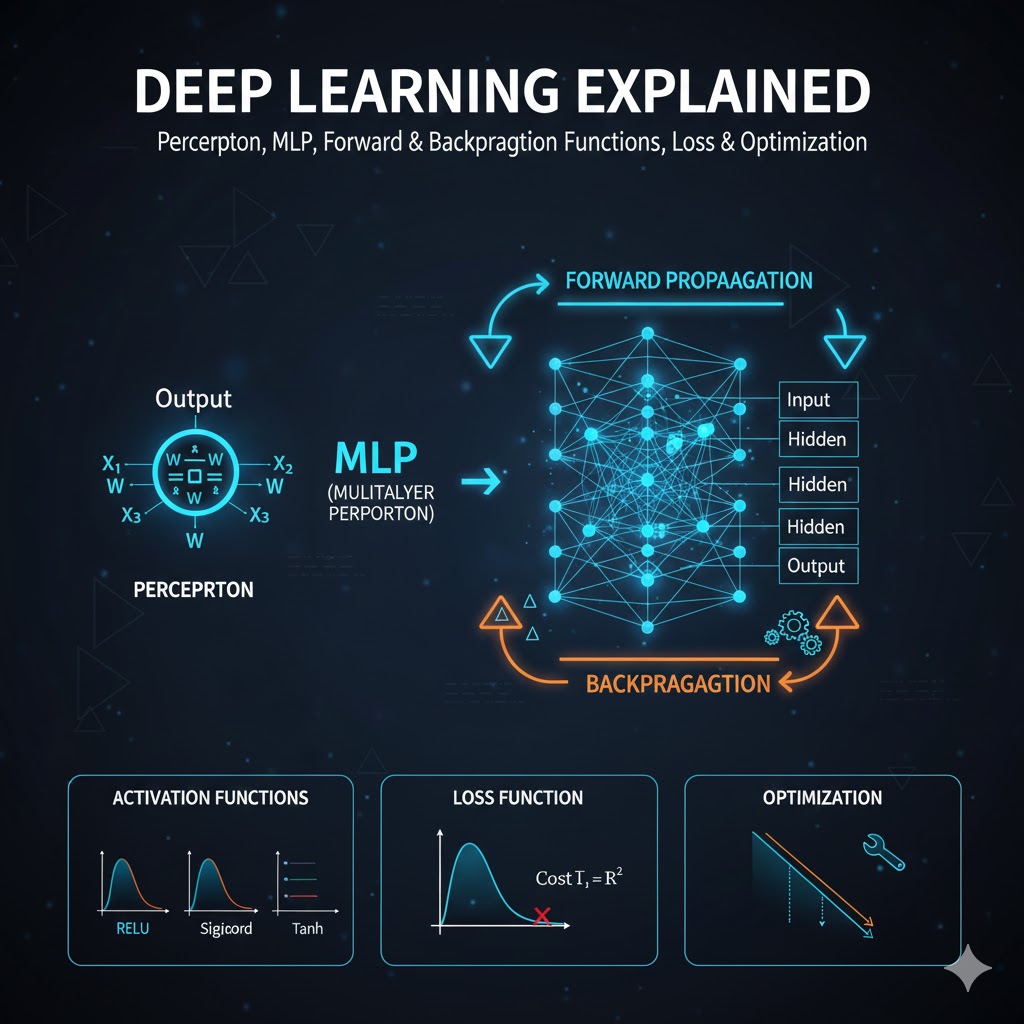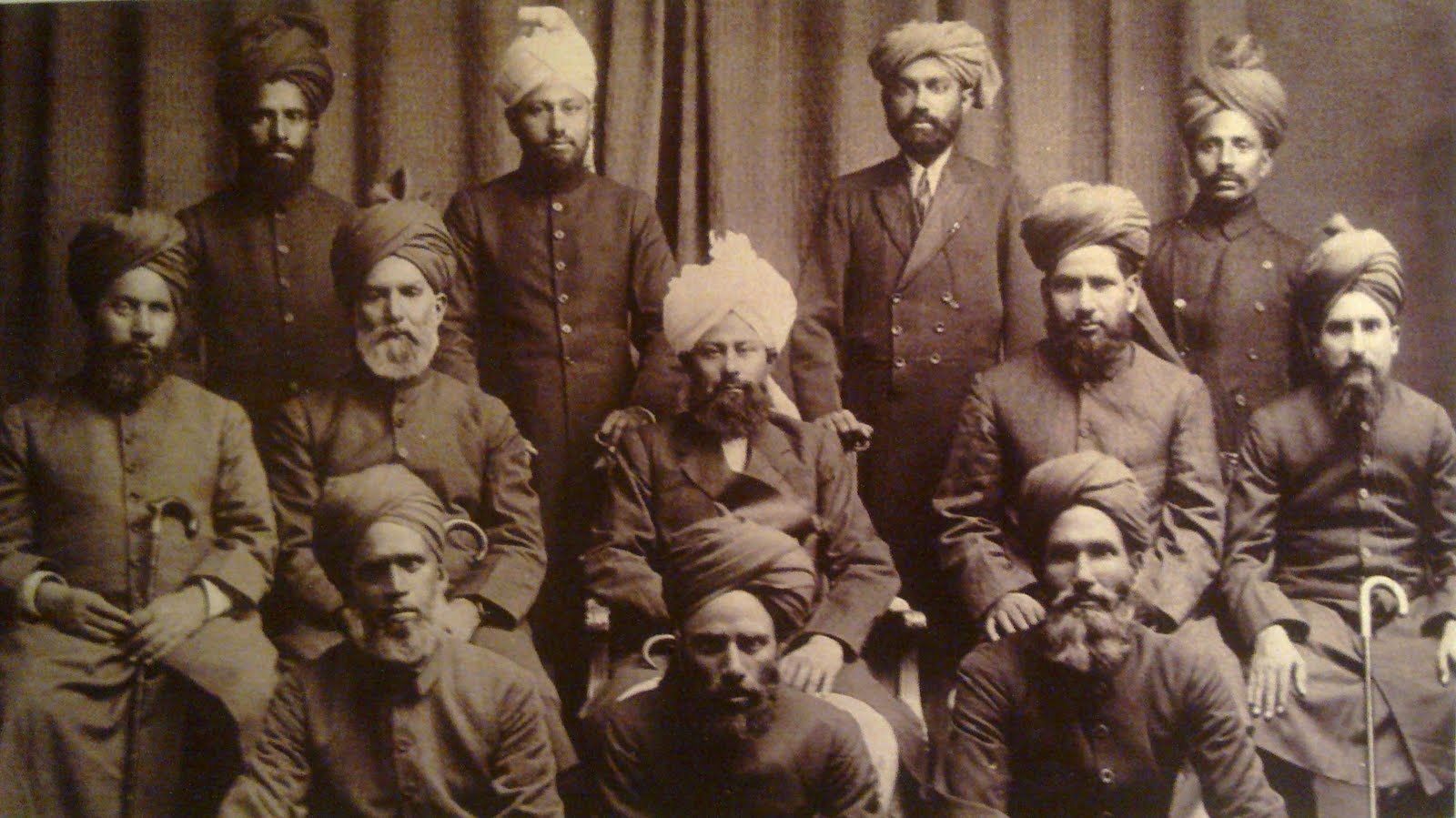Introduction
The theological differences between mainstream Muslims and Ahmadis have created significant friction within the Muslim world, particularly concerning the concept of prophethood. Ahmadis, followers of Mirza Ghulam Ahmad, believe that he was a prophet and the Promised Messiah, which directly conflicts with the mainstream Islamic belief in the finality of prophethood. This divergence is further complicated by differences in the interpretation of the Quran and Hadith. Ahmadis are often criticized for their interpretation of Islamic texts, which many mainstream Muslims view as altering or distorting traditional Islamic teachings. This article explores these differences in detail, including how Ahmadis interpret the Quran and other Islamic texts, and the implications of these interpretations.
1. Major Theological Differences
1.1 Belief in Prophethood
Mainstream Muslim Belief: The Finality of Prophethood
- Finality of Prophethood (Khatam an-Nabiyyin):
Mainstream Islam holds that Prophet Muhammad is the final prophet, as stated in the Quranic verse:
“Muhammad is not the father of any of your men, but (he is) the Messenger of Allah, and the Seal of the Prophets.” (Quran 33:40)
This belief is central to Islam and asserts that no new prophets will come after Muhammad.
Ahmadiyya Belief: Continuation of Prophethood
- Mirza Ghulam Ahmad as a Prophet:
Ahmadis believe that Mirza Ghulam Ahmad was a prophet, distinct from Muhammad, and came to reform Islam. This belief is controversial and has led to Ahmadis being declared non-Muslims by many mainstream Muslims.
2. Differences in Quranic Interpretation
2.1 Ahmadiyya Interpretations of the Quran
Ahmadiyya Views on Quranic Verses:
Ahmadis often reinterpret Quranic verses to support their belief in Mirza Ghulam Ahmad’s prophethood. Critics argue that these interpretations deviate from traditional Islamic exegesis.
Examples of Divergent Interpretations:
- Surah Al-Ma’idah (5:3):
Ahmadis interpret this verse, which speaks of the finality of prophethood, differently than mainstream Muslims. The verse states:
“This day have I perfected your religion for you, completed My favor upon you, and have chosen for you Islam as your religion.” (Quran 5:3)
Mainstream Muslims interpret this verse as affirming the completeness of Muhammad’s prophethood and the finality of Islam. Ahmadis, however, argue that the verse refers to the completion of the teachings of Islam but not the finality of prophethood itself. They believe that Mirza Ghulam Ahmad’s advent was part of the fulfillment of the prophecy about the coming of the Messiah.
- Surah Al-Anbiya (21:7):
Ahmadis interpret this verse, which is often cited to support the finality of Muhammad’s prophethood, in a way that aligns with their beliefs:
“Say, ‘Ask those who know the Scripture, if you do not know.’” (Quran 21:7)
Ahmadis argue that this verse refers to those who have knowledge of religious scriptures, including the new teachings brought by Mirza Ghulam Ahmad, suggesting that such knowledge is valid alongside traditional interpretations.
Criticisms of Ahmadiyya Interpretations:
Critics argue that these reinterpretations are attempts to circumvent the clear meaning of the Quranic verses. They claim that Ahmadis distort the meanings of the Quran to support their doctrinal beliefs, thereby deviating from established Islamic teachings.
Example of Controversial Interpretation:
In The British Government and the Ahmadis, Mirza Ghulam Ahmad claims that:
“The verse about the completion of religion does not exclude the possibility of new spiritual advancements and reformers.” (The British Government and the Ahmadis, p. 103)
Critics argue that this reinterpretation contradicts the mainstream Islamic understanding that the completion of religion with Muhammad’s prophethood signifies the end of all new prophetic claims.
2.2 Ahmadiyya Views on the Promised Messiah
Ahmadiyya Beliefs About the Messiah:
Ahmadis believe that Mirza Ghulam Ahmad is the Promised Messiah mentioned in Hadith. They interpret various Hadiths and Quranic prophecies as pointing to his coming.
Example:
In The Essence of Islam (vol. 1, p. 279), Ahmad writes:
“The prophecies about the coming of a Messiah have been fulfilled in my person. I am the Promised Messiah who was to come in the latter days.”
Mainstream Muslims interpret these prophecies as referring to the second coming of Jesus (Isa) rather than a new prophet. Ahmadis’ interpretation is seen as an attempt to validate Mirza Ghulam Ahmad’s prophetic claims.
Criticisms:
Critics argue that Ahmadis’ belief in Mirza Ghulam Ahmad as the Promised Messiah represents a deviation from the mainstream understanding of Islamic eschatology, where Jesus’s return is anticipated as a significant event in Islamic belief.
3. Legal and Social Implications
3.1 Legal Status of Ahmadis in Pakistan
Pakistan’s Constitution and Laws:
- 1974 Constitutional Amendment:
Pakistan officially declared Ahmadis non-Muslims in 1974 due to their differing views on prophethood. The amendment states:
“A person who does not believe in the finality of the prophethood of Muhammad is not a Muslim.” (Constitution of Pakistan, Article 106)
- Ordinance XX (1984):
Ordinance XX criminalizes acts that Ahmadis may perform that could be perceived as claiming Muslim identity or propagating their faith. This ordinance enforces the constitutional declaration and prevents Ahmadis from practicing their faith publicly. Example:
Ahmadis are prohibited from calling their places of worship “mosques” and from using Islamic terms like “Assalamu Alaikum.” Violations can lead to legal penalties.
3.2 Social Discrimination and Persecution
Widespread Discrimination:
- Social Boycotts and Violence:
Ahmadis face significant social discrimination and violence in many Muslim-majority countries. They are often ostracized, subjected to hate speech, and face targeted attacks. Example:
The 2010 Lahore mosque attacks, which resulted in over 90 deaths, highlight the extreme hostility Ahmadis face. These attacks reflect the broader social and legal marginalization of Ahmadis.
4. Theological Justifications for Excommunication
Religious Edicts and Fatwas:
- Fatwas Against Ahmadis:
Many Islamic scholars have issued fatwas declaring Ahmadis non-Muslims, citing their belief in Mirza Ghulam Ahmad’s prophethood as a violation of the finality of prophethood. These fatwas support the social and legal marginalization of Ahmadis. Example:
The Darul Uloom Deoband has issued fatwas against Ahmadis, reinforcing their exclusion from the Muslim community and discouraging interactions with them.
Conclusion
The theological differences between mainstream Muslims and Ahmadis, particularly regarding the concept of prophethood, have significant religious, legal, and social implications. Ahmadis’ reinterpretation of the Quran and Hadith to support their belief in Mirza Ghulam Ahmad as a prophet is viewed by many mainstream Muslims as a deviation from orthodox Islamic teachings. This divergence is reflected in the legal status of Ahmadis in countries like Pakistan, where they face legal restrictions and social persecution. Understanding these differences and their implications provides insight into the complex dynamics within the Muslim world and the challenges faced by the Ahmadiyya movement.
References
- Quranic References:
- Quran 33:40
- Quran 5:3
- Quran 21:7
- Ahmadiyya Beliefs and Writings:
- Mirza Ghulam Ahmad, The Essence of Islam (vol. 1, p. 279)
- Mirza Ghulam Ahmad, Tadhkirah (p. 607)
- Mirza Ghulam Ahmad, Haqiqat-ul-Wahi (p. 150)
- Mirza Ghulam Ahmad, Izala-e-Auham (p. 88)
- Mirza Ghulam Ahmad, The British Government and the Ahmadis (p. 103)
- Pakistani Legal Documents:
- Constitution of Pakistan, Article 106
- Ordinance XX (1984)
- Fatwas and Scholarly Opinions:
- Fatwas from Darul Uloom Deoband
- Historical Events:
- 2010 Lahore mosque attacks
This detailed article examines the significant theological differences between mainstream Muslims and Ahmadis, focusing on the interpretation of the Quran and other religious texts. It includes examples from Mirza Ghulam Ahmad’s writings and explores the legal and social consequences of these differences.










